Prime Minister Narendra Modi was among the very first on Monday to cast his vote to elect the country's 14th President. In fact, the staffers in room number 62 at the Parliament House complex were still making arrangements at the polling booth when the PM arrived. Putting them at ease, Modi quipped: "Take it easy. I will wait. I had a habit of reaching school early as well."
The PM then went to attend the Lok Sabha proceedings, where also he arrived five minutes ahead of the schedule.
As many as 99 per cent of MPs and members of state legislative assemblies turned out to vote on Monday. As many as 32 polling centres had been set up for the purpose, with one at the Parliament House and one each at the respective state assemblies. The result will be declared on July 20.
Former Bihar Governor Ram Nath Kovind and former Lok Sabha Speaker Meira Kumar are in a direct fight in the race to the Raisina Hills. The tenure of incumbent Pranab Mukherjee, the 13th President of India, ends on July 24.
As it stands, Kovind is likely to sweep the election.
He has 70 per cent of the electoral college seemingly backing him. The election was a test of political acumen of both Modi and Shah, as despite BJP winning the UP state Assembly election, the united Opposition was still managing a razor-thin majority in the electoral college. By deft handling of the matter and by nominating a Dalit for the top post, the BJP, however, broke the Opposition ranks. As many as 40 parties support Kovind's candidature.
A major jolt to the Opposition came when the JD(U) broke ranks at the last moment, after taking a lead to unite parties against the BJP nominee. The promised support from the Biju Janata Dal, the Telangana Rashtra Samithi, and the YSR Congress, and backing from the All India Anna Dravida Munnetra Kazhagam factions also made Shah's job easier.
According to BJP leaders, Kovind's victory is a foregone conclusion. "Kovind ji will win with a respectable and comfortable margin," Union Minister M Venkaiah Naidu said ahead of the polling. By evening, Naidu himself had been nominated as a vice-presidential candidate.
Another Union Minister, Ravi Shankar Prasad, said Kovind will turn out to be an "honest" President, who will work hard according to the Constitution.
Rajya Sabha MP and Essel Group Chairman Dr Subhash Chandra, who was among the first-time voters to exercise his franchise in the presidential election, said it was a momentous occasion for him. "I believe victory of Kovind is a foregone conclusion. He has support of 40 political parties," he said, while emerging from the Parliament House. Meanwhile, Congress leader Ghulam Nabi Azad said the fight between Kovind and Kumar was "one of ideologies", and said the latter was the best choice. "The President should be a person pursuing an ideology under which everybody is equal. As far as clash of ideologies is concerned, I think our candidate (Kumar) is the best," Azad, the Leader of the Opposition in Rajya Sabha, said.
Ahead of the poll, the Election Commission had asked parties to not issue a whip to their members to vote for a particular candidate. CPI (M) leader Sitaram Yechury and senior Congress leader Mallikarjun Kharge then asked all MPs and MLAs to exercise their franchise according to their "inner conscience".
Despite the odds stacked against her, Kumar also made the last ditch effort, urging members of the electoral college to heed their "voice of conscience" and vote for an ideology that binds India. She said the ideology of "social justice, inclusiveness, secularism, transparency, freedom of expression and press, poverty alleviation, and total destruction of caste system" bound India together. "It is very important that we protect and preserve it," she said.
With both Kovind and Kumar belonging to the Dalit community, Bahujan Samaj Party (BSP) chief Mayawati expressed satisfaction that a community leader would be occupying the top post. Mayawati also said it was because of her party that the NDA and the Opposition had to field candidates from the community.
"Winning or losing is a different issue. Whoever wins, the good thing is that a Scheduled Caste person will be the country's President. I think it is a good thing for our movement," she said.
Meanwhile, as many as 10 states and a Union Territory, including Arunachal Pradesh, Chhattisgarh, Assam, Gujarat, Bihar, Haryana, Himachal Pradesh, Jharkhand, Nagaland, Uttarakhand and Puducherry, recorded 100 per cent voting.
At the Parliament House, the voting percentage stood at 99, Lok Sabha Secretary General Anoop Mishra, who is also the returning officer for the poll, said. Among those who voted there included BJP President Amit Shah, who is also a legislator from Gujarat, Congress President Sonia Gandhi, Congress Vice-President Rahul Gandhi, former PM Manmohan Singh, and BSP chief Mayawati.
The sanctioned strength of the Lok Sabha and the Rajya Sabha is 776, of whom 771 MPs were eligible to cast vote. There were two vacancies each in both Houses, while BJP MP Chedi Paswan did not have voting rights. In Delhi, 714 out of 717 MPs cast their ballot. TMC's Tapas Pal, BJD's Ram Chandra Hansdak, and PMK's Ambumani Ramadoss did not cast their vote.
Also, 54 MPs had sought permission to cast their vote in state capitals, including Goa CM Manohar Parrikar, UP CM Adityanath, his deputy Keshav Prasad Maurya, and Union Minister Uma Bharti. BJP chief Amit Shah, who is also an MLA from Gujarat, had sought permission to cast his vote in Delhi. Trinamool Congress MPs cast their votes in Kolkata.
IN A FIRST
The Election Commission (EC) has introduced following features to ensure secrecy and a free and fair election:
- The EC supplied unique, serial numbered pens with violet ink to ensure no other instrument was used by voters.
- The Commission provided special posters to be displayed at prominent places outside the polling stations. The posters talked about the use of special pens and the do's and don'ts for voters.
- Various WhatsApp groups were created for RO/AROs/CEOs/ECI Officers, ECI Observers, Security persons, etc, which were extensively used to monitor and coordinate activities with state headquarters, Parliament, and EC.
![submenu-img]() Indian-origin man says Apple CEO Tim Cook pushed him...
Indian-origin man says Apple CEO Tim Cook pushed him...![submenu-img]() Anil Ambani’s Rs 96500000000 Reliance deal still waiting for green signal? IRDAI nod awaited as deadline nears
Anil Ambani’s Rs 96500000000 Reliance deal still waiting for green signal? IRDAI nod awaited as deadline nears![submenu-img]() Most popular Indian song ever on Spotify has 50 crore streams; it's not Besharam Rang, Pehle Bhi Main, Oo Antava, Naina
Most popular Indian song ever on Spotify has 50 crore streams; it's not Besharam Rang, Pehle Bhi Main, Oo Antava, Naina![submenu-img]() Did Diljit Dosanjh cut his hair for Amar Singh Chamkila? Imtiaz Ali reveals ‘he managed to…’
Did Diljit Dosanjh cut his hair for Amar Singh Chamkila? Imtiaz Ali reveals ‘he managed to…’ ![submenu-img]() India's election process is an example for world's democracies: PM Modi after casting his vote
India's election process is an example for world's democracies: PM Modi after casting his vote![submenu-img]() DNA Verified: Is CAA an anti-Muslim law? Centre terms news report as 'misleading'
DNA Verified: Is CAA an anti-Muslim law? Centre terms news report as 'misleading'![submenu-img]() DNA Verified: Lok Sabha Elections 2024 to be held on April 19? Know truth behind viral message
DNA Verified: Lok Sabha Elections 2024 to be held on April 19? Know truth behind viral message![submenu-img]() DNA Verified: Modi govt giving students free laptops under 'One Student One Laptop' scheme? Know truth here
DNA Verified: Modi govt giving students free laptops under 'One Student One Laptop' scheme? Know truth here![submenu-img]() DNA Verified: Shah Rukh Khan denies reports of his role in release of India's naval officers from Qatar
DNA Verified: Shah Rukh Khan denies reports of his role in release of India's naval officers from Qatar![submenu-img]() DNA Verified: Is govt providing Rs 1.6 lakh benefit to girls under PM Ladli Laxmi Yojana? Know truth
DNA Verified: Is govt providing Rs 1.6 lakh benefit to girls under PM Ladli Laxmi Yojana? Know truth![submenu-img]() Alia Bhatt wears elegant saree made by 163 people over 1965 hours to Met Gala 2024, fans call her ‘princess Jasmine’
Alia Bhatt wears elegant saree made by 163 people over 1965 hours to Met Gala 2024, fans call her ‘princess Jasmine’![submenu-img]() Jr NTR-Lakshmi Pranathi's 13th wedding anniversary: Here's how strangers became soulmates
Jr NTR-Lakshmi Pranathi's 13th wedding anniversary: Here's how strangers became soulmates![submenu-img]() Streaming This Week: Heeramandi, Shaitaan, Manjummel Boys, latest OTT releases to binge-watch
Streaming This Week: Heeramandi, Shaitaan, Manjummel Boys, latest OTT releases to binge-watch![submenu-img]() Remember Ayesha Kapur? Michelle from Black, here's how actress, nutrition coach, entrepreneur looks after 19 years
Remember Ayesha Kapur? Michelle from Black, here's how actress, nutrition coach, entrepreneur looks after 19 years![submenu-img]() Remember Heyy Babyy's cute 'Angel' Juanna Sanghvi? 20 year-old looks unrecognisable now, fans say 'her comeback will...'
Remember Heyy Babyy's cute 'Angel' Juanna Sanghvi? 20 year-old looks unrecognisable now, fans say 'her comeback will...'![submenu-img]() DNA Explainer: Why Harvey Weinstein's rape conviction was overturned, will beleaguered Hollywood mogul get out of jail?
DNA Explainer: Why Harvey Weinstein's rape conviction was overturned, will beleaguered Hollywood mogul get out of jail?![submenu-img]() What is inheritance tax?
What is inheritance tax?![submenu-img]() DNA Explainer: What is cloud seeding which is blamed for wreaking havoc in Dubai?
DNA Explainer: What is cloud seeding which is blamed for wreaking havoc in Dubai?![submenu-img]() DNA Explainer: What is Israel's Arrow-3 defence system used to intercept Iran's missile attack?
DNA Explainer: What is Israel's Arrow-3 defence system used to intercept Iran's missile attack?![submenu-img]() DNA Explainer: How Iranian projectiles failed to breach iron-clad Israeli air defence
DNA Explainer: How Iranian projectiles failed to breach iron-clad Israeli air defence![submenu-img]() Most popular Indian song ever on Spotify has 50 crore streams; it's not Besharam Rang, Pehle Bhi Main, Oo Antava, Naina
Most popular Indian song ever on Spotify has 50 crore streams; it's not Besharam Rang, Pehle Bhi Main, Oo Antava, Naina![submenu-img]() Did Diljit Dosanjh cut his hair for Amar Singh Chamkila? Imtiaz Ali reveals ‘he managed to…’
Did Diljit Dosanjh cut his hair for Amar Singh Chamkila? Imtiaz Ali reveals ‘he managed to…’ ![submenu-img]() Watch: Arti Singh gets grand welcome at husband Dipak's house with fairy lights and fireworks, fans say '
Watch: Arti Singh gets grand welcome at husband Dipak's house with fairy lights and fireworks, fans say '![submenu-img]() Meet actress, who belongs to family of superstars, quit films after 19 flops, no single hit in 9 years; is still worth…
Meet actress, who belongs to family of superstars, quit films after 19 flops, no single hit in 9 years; is still worth…![submenu-img]() Meet star, TV’s SRK, who used to drink alcohol on set, one mistake ruined career; was jobless for 3 years, is now...
Meet star, TV’s SRK, who used to drink alcohol on set, one mistake ruined career; was jobless for 3 years, is now...![submenu-img]() IPL 2024: Suryakumar Yadav's century power MI to 7-wicket win over SRH
IPL 2024: Suryakumar Yadav's century power MI to 7-wicket win over SRH![submenu-img]() DC vs RR, IPL 2024: Predicted playing XI, live streaming details, weather and pitch report
DC vs RR, IPL 2024: Predicted playing XI, live streaming details, weather and pitch report![submenu-img]() Watch: Team India’s new jersey for T20 World Cup 2024 unveiled
Watch: Team India’s new jersey for T20 World Cup 2024 unveiled![submenu-img]() DC vs RR IPL 2024 Dream11 prediction: Fantasy cricket tips for Delhi Capitals vs Rajasthan Royals
DC vs RR IPL 2024 Dream11 prediction: Fantasy cricket tips for Delhi Capitals vs Rajasthan Royals![submenu-img]() IPL 2024: Kolkata Knight Riders take top spot after 98 runs win over Lucknow Super Giants
IPL 2024: Kolkata Knight Riders take top spot after 98 runs win over Lucknow Super Giants![submenu-img]() Indian-origin man says Apple CEO Tim Cook pushed him...
Indian-origin man says Apple CEO Tim Cook pushed him...![submenu-img]() Meet man whose salary was only Rs 83 but his net worth grew by Rs 7010577000000 in 2023, he is Mukesh Ambani's...
Meet man whose salary was only Rs 83 but his net worth grew by Rs 7010577000000 in 2023, he is Mukesh Ambani's...![submenu-img]() Job applicant offers to pay Rs 40000 to Bengaluru startup founder, here's what happened next
Job applicant offers to pay Rs 40000 to Bengaluru startup founder, here's what happened next![submenu-img]() Viral video: Family fearlessly conducts puja with live black cobra, internet reacts
Viral video: Family fearlessly conducts puja with live black cobra, internet reacts![submenu-img]() Woman demands Rs 50 lakh after receiving chicken instead of paneer
Woman demands Rs 50 lakh after receiving chicken instead of paneer

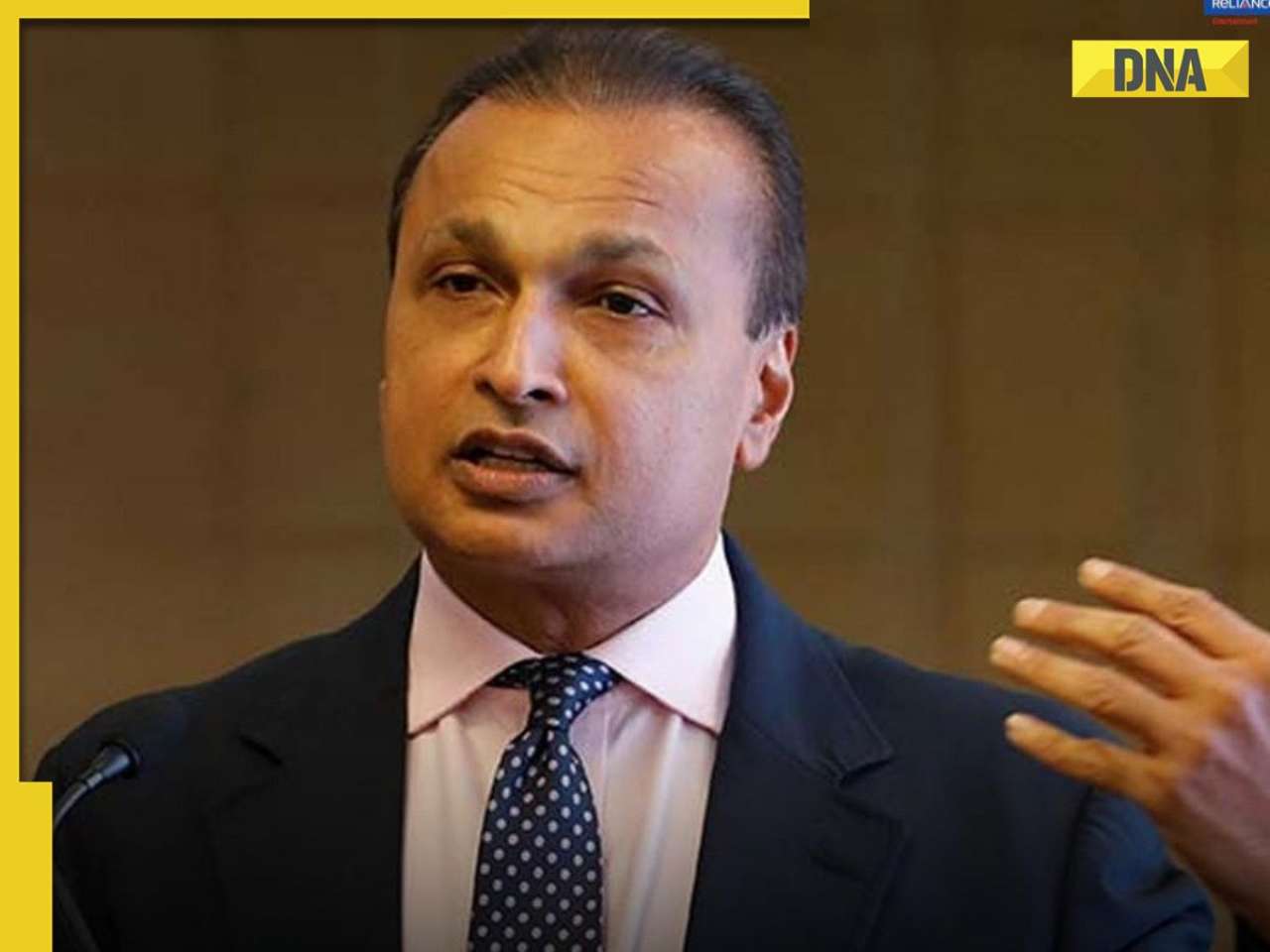
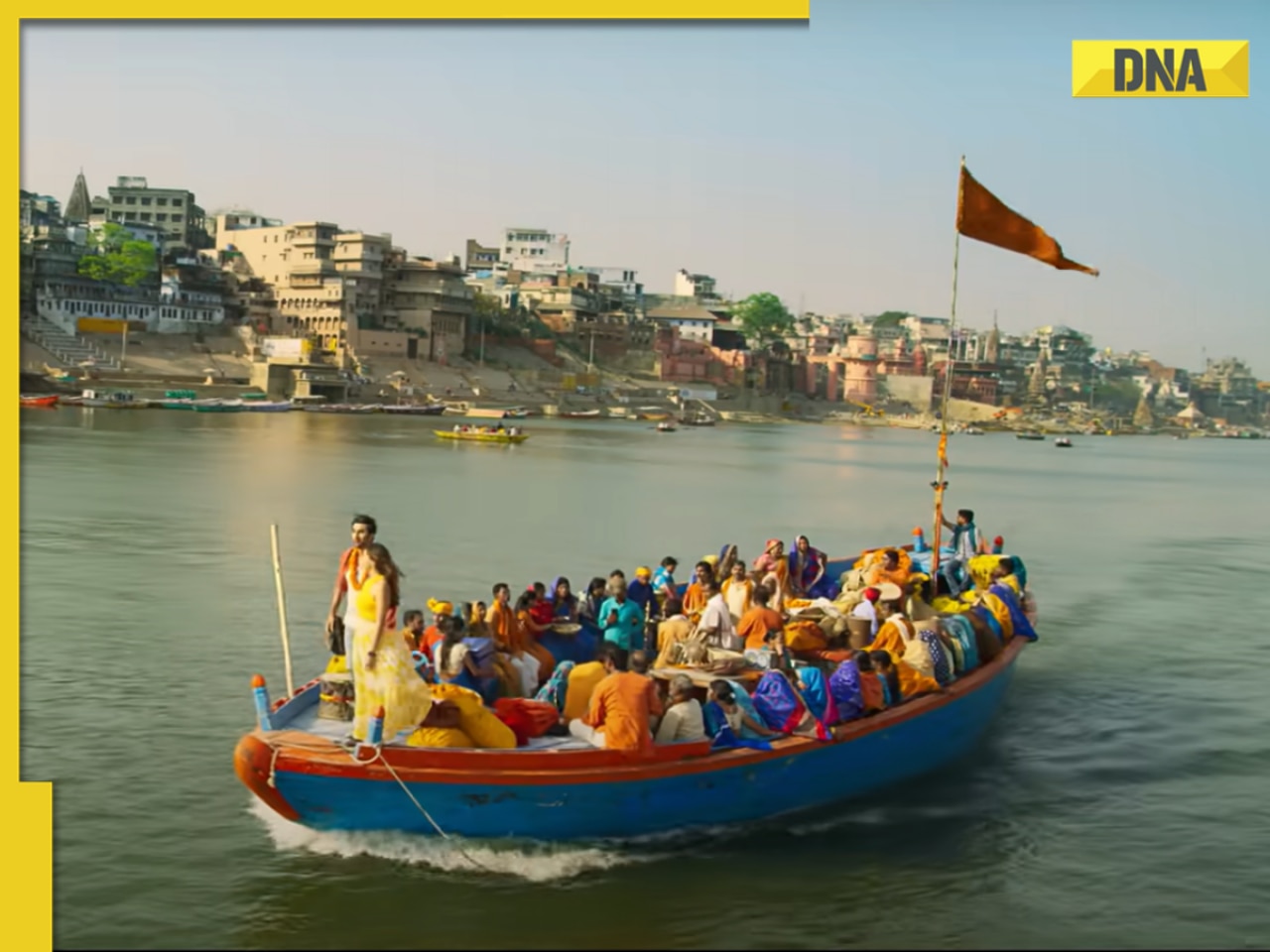
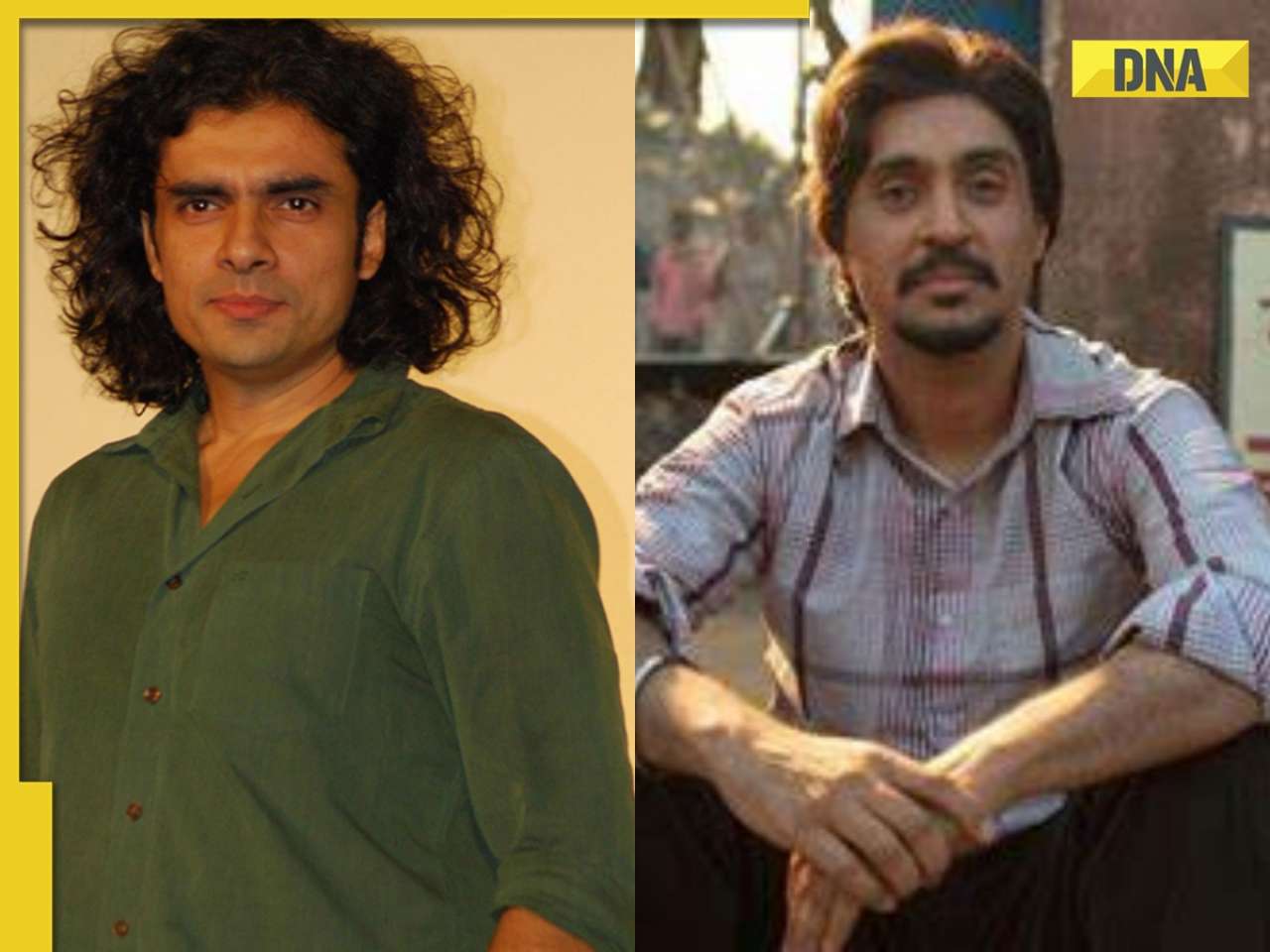
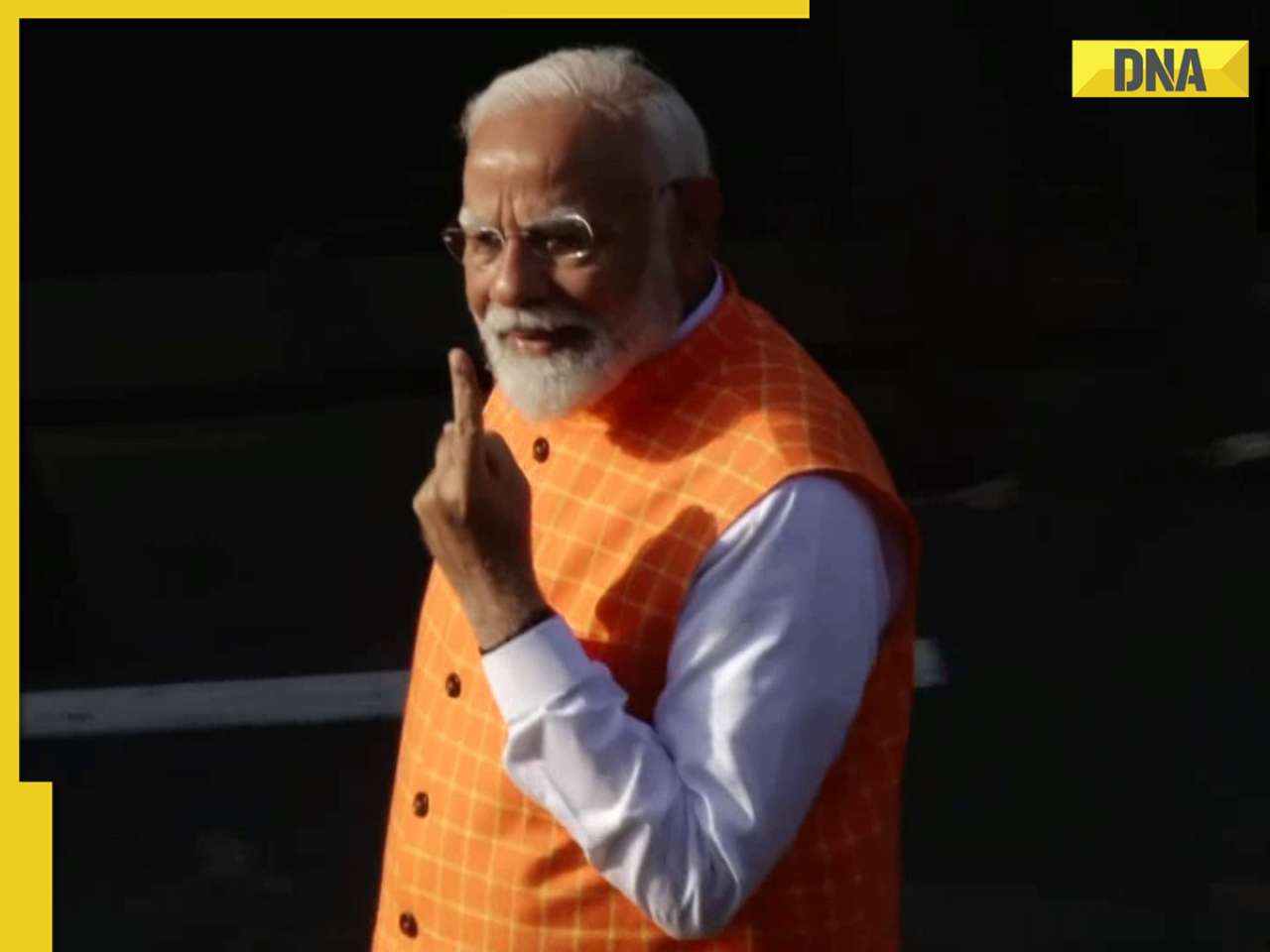




















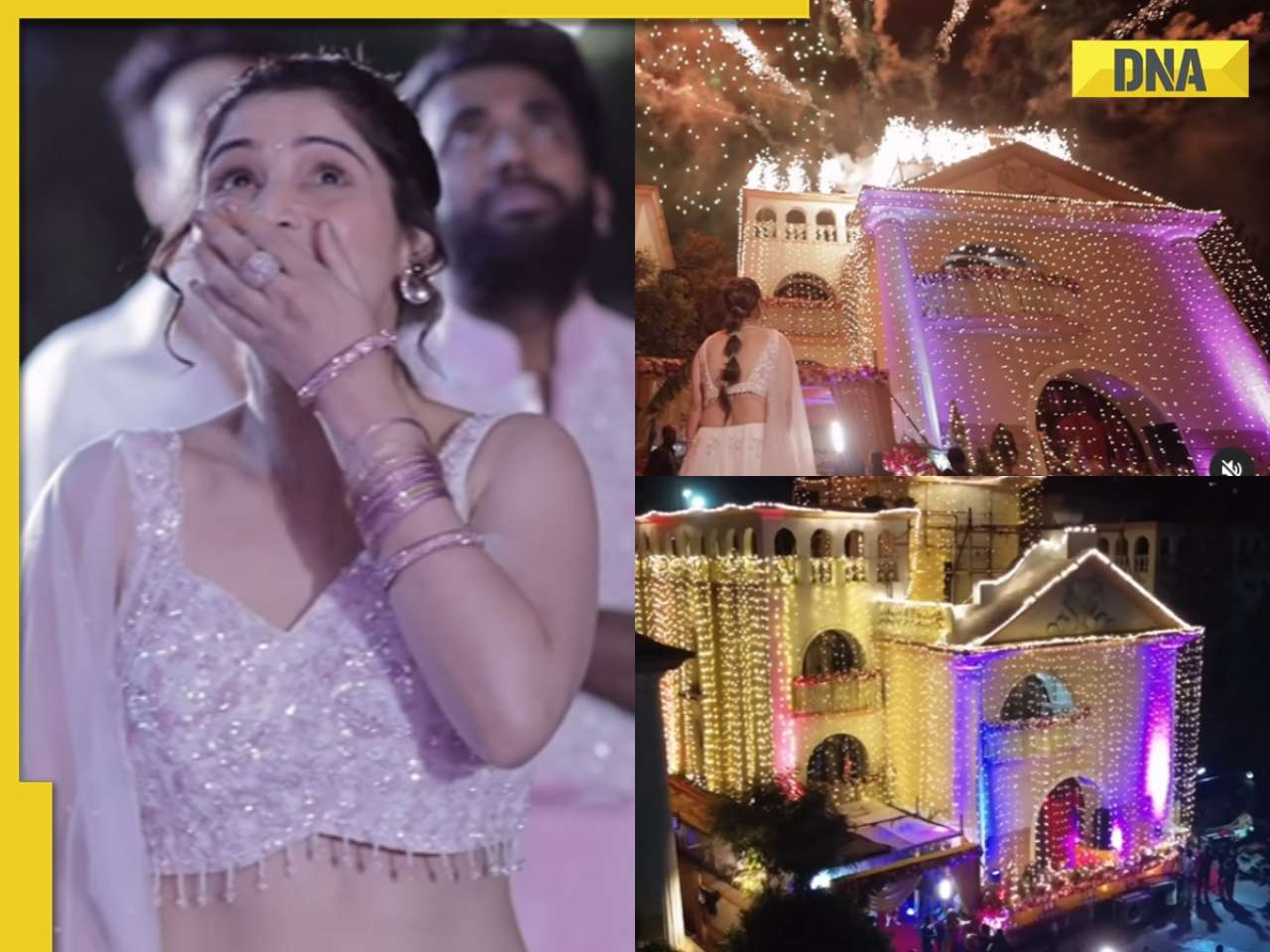

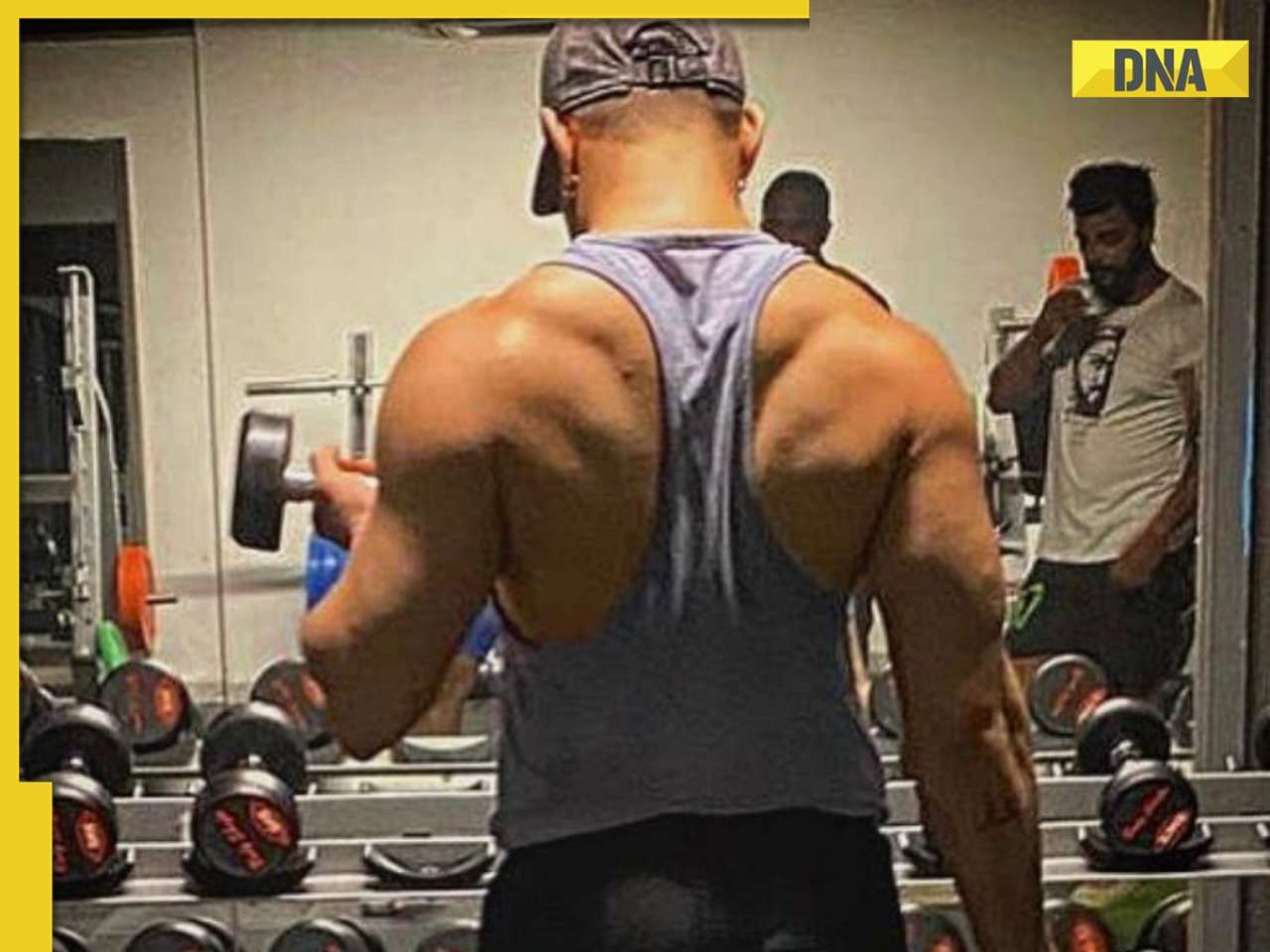
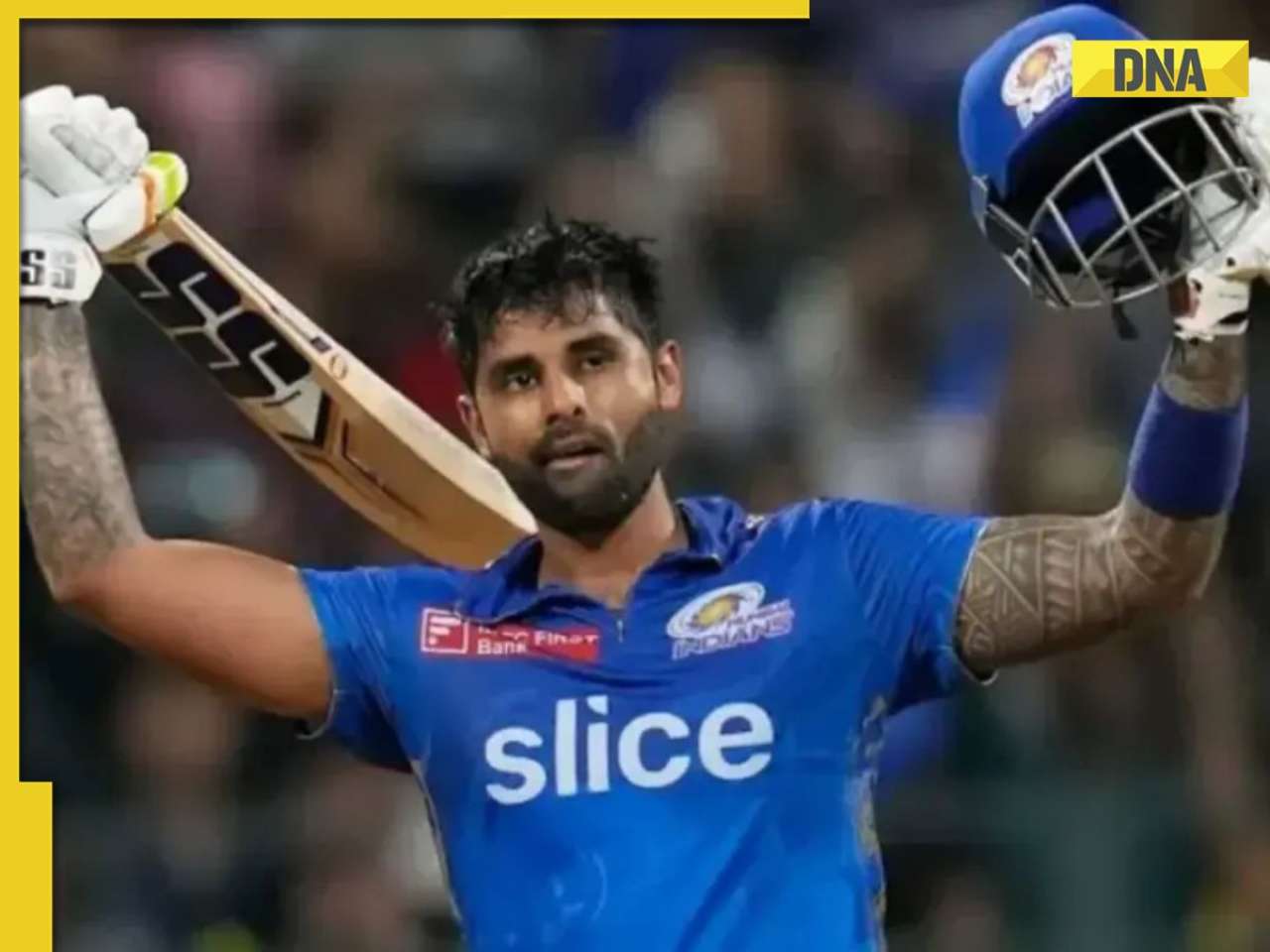
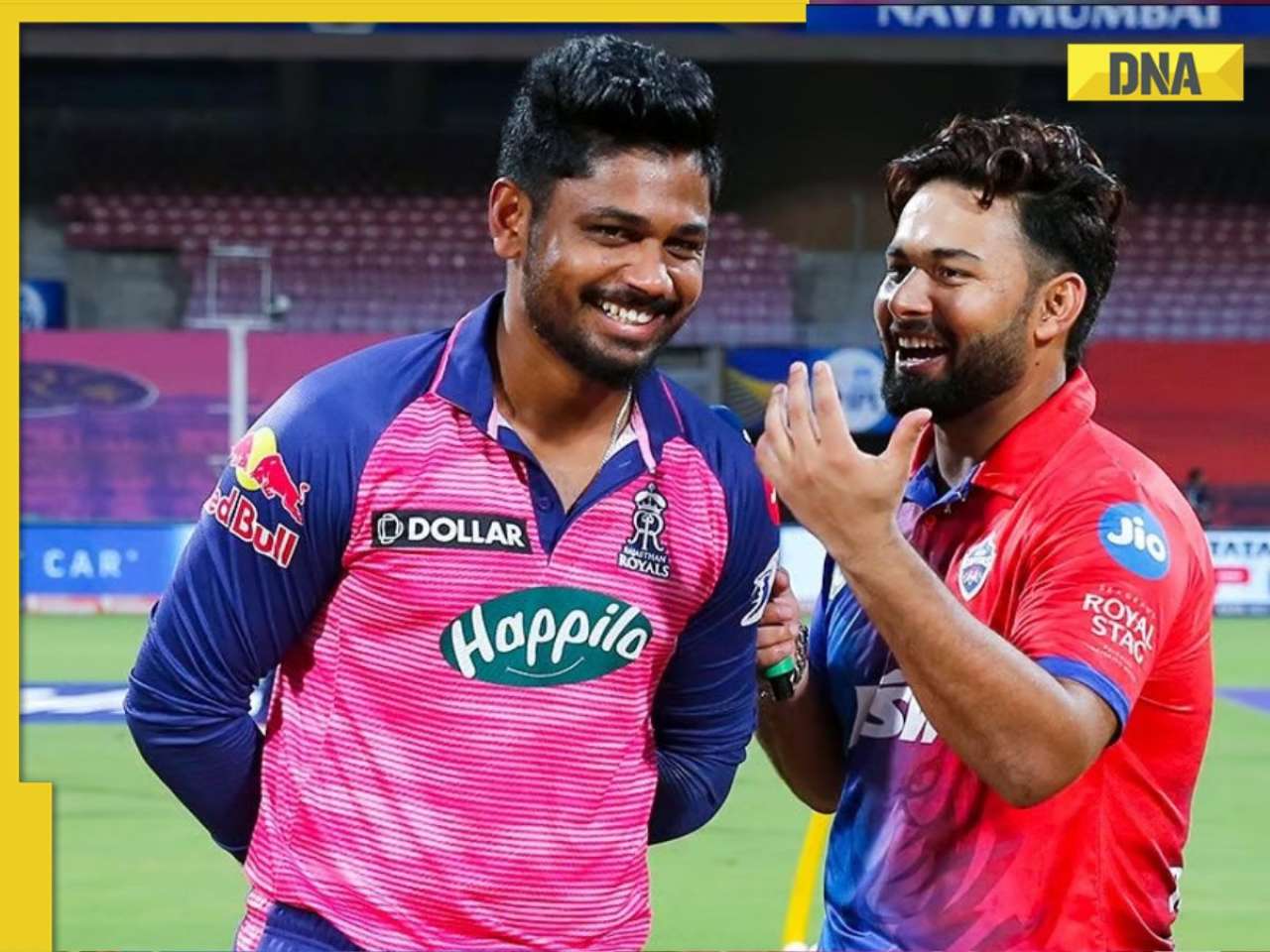
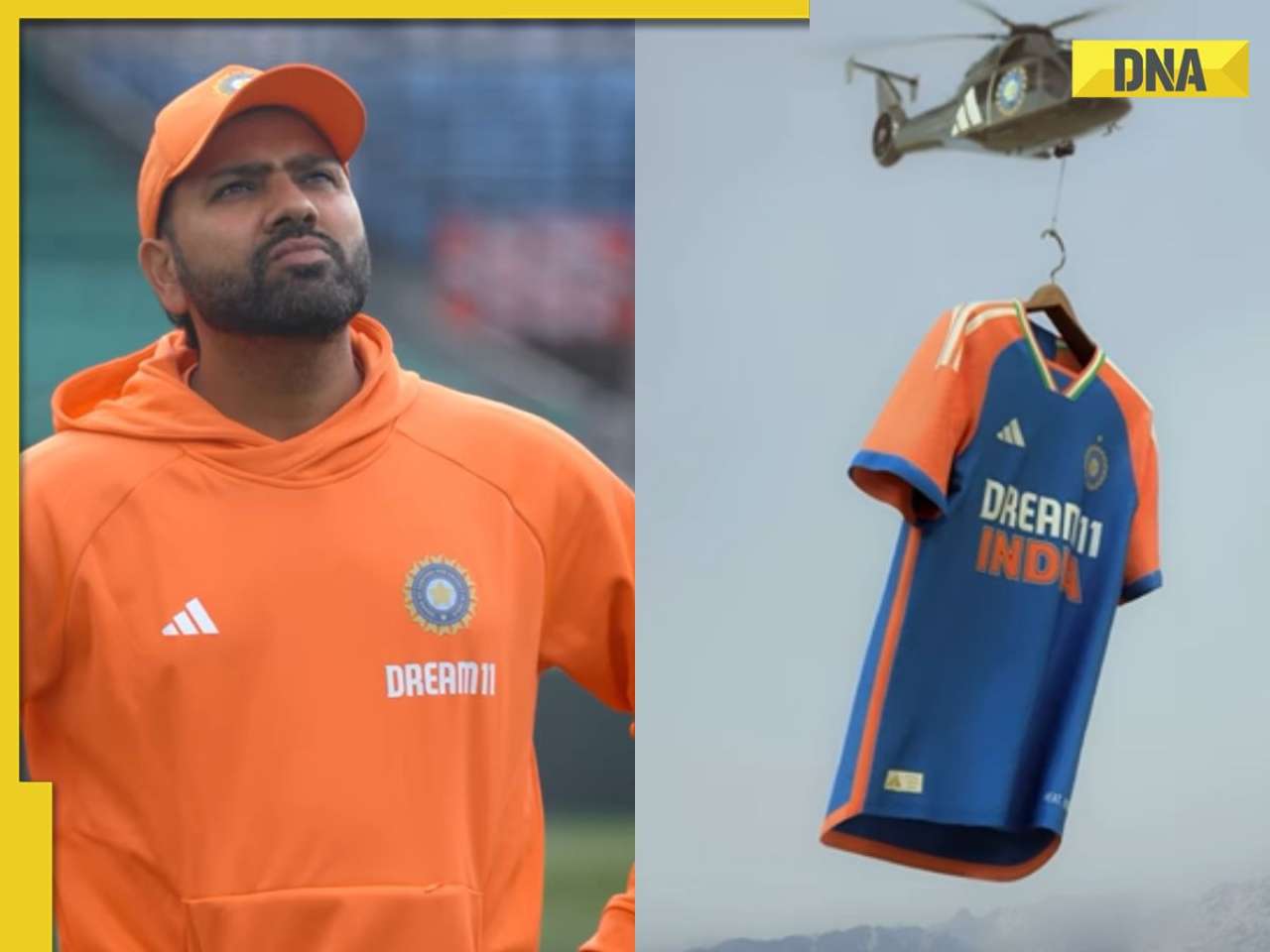
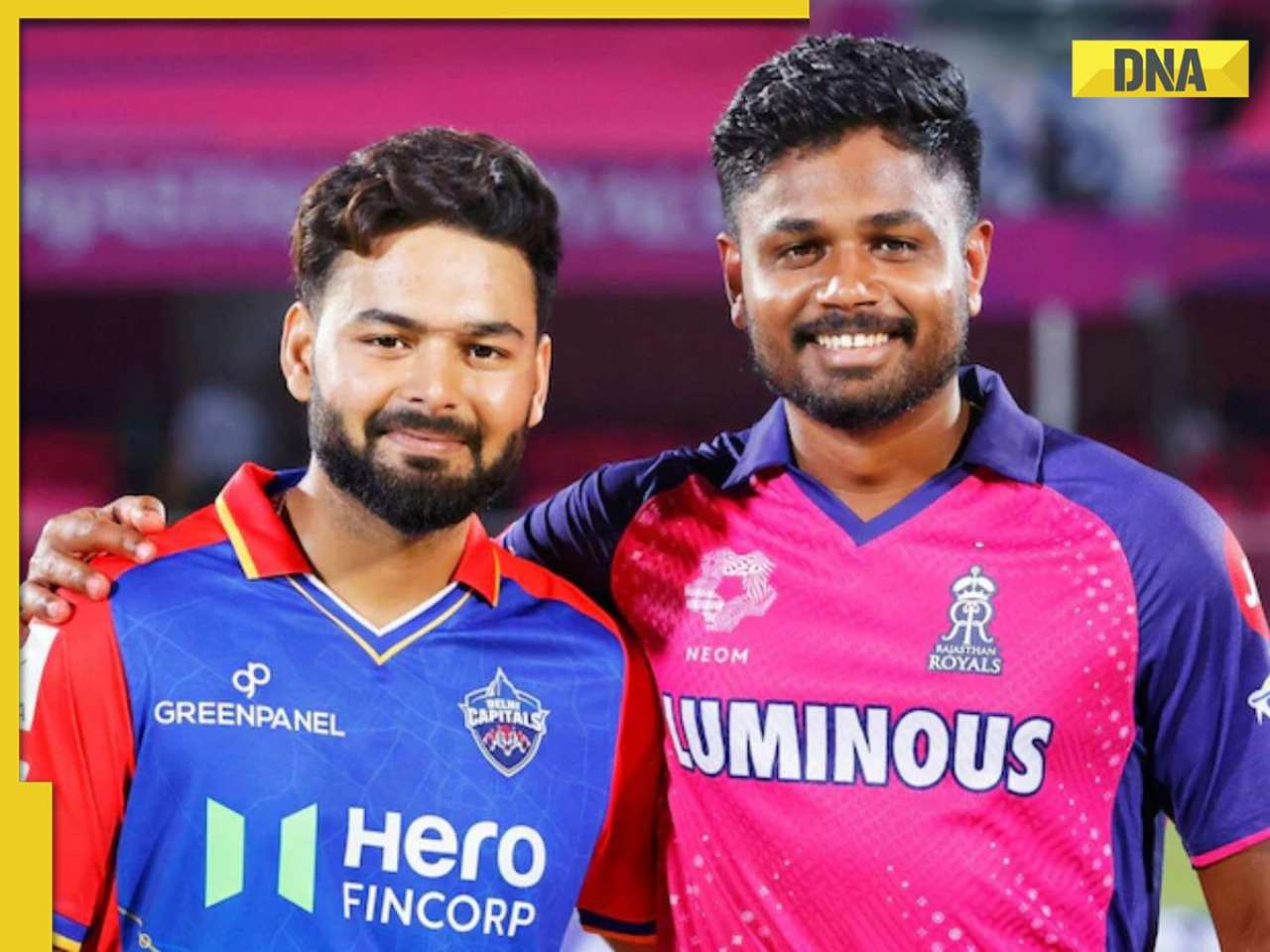

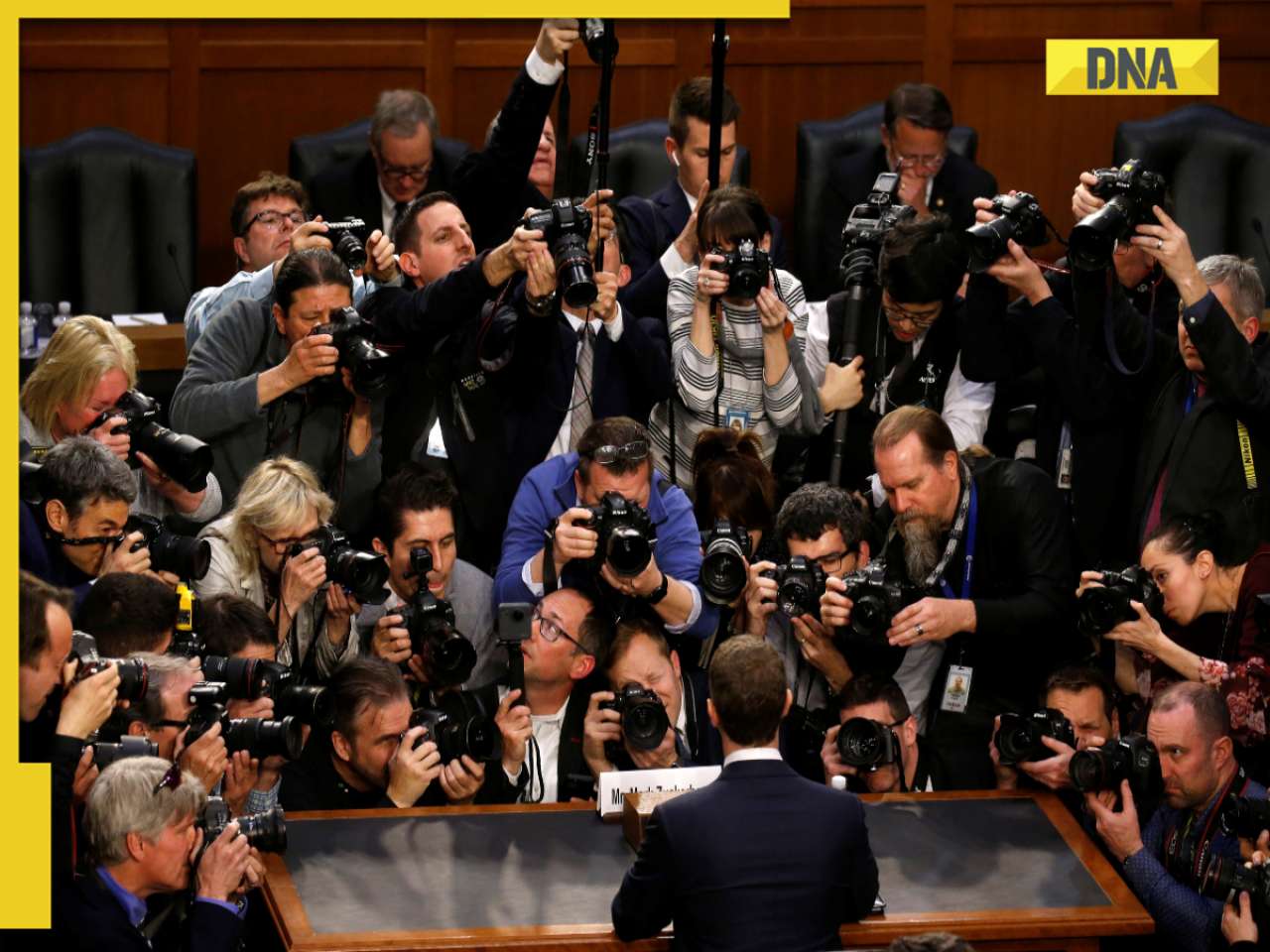




)

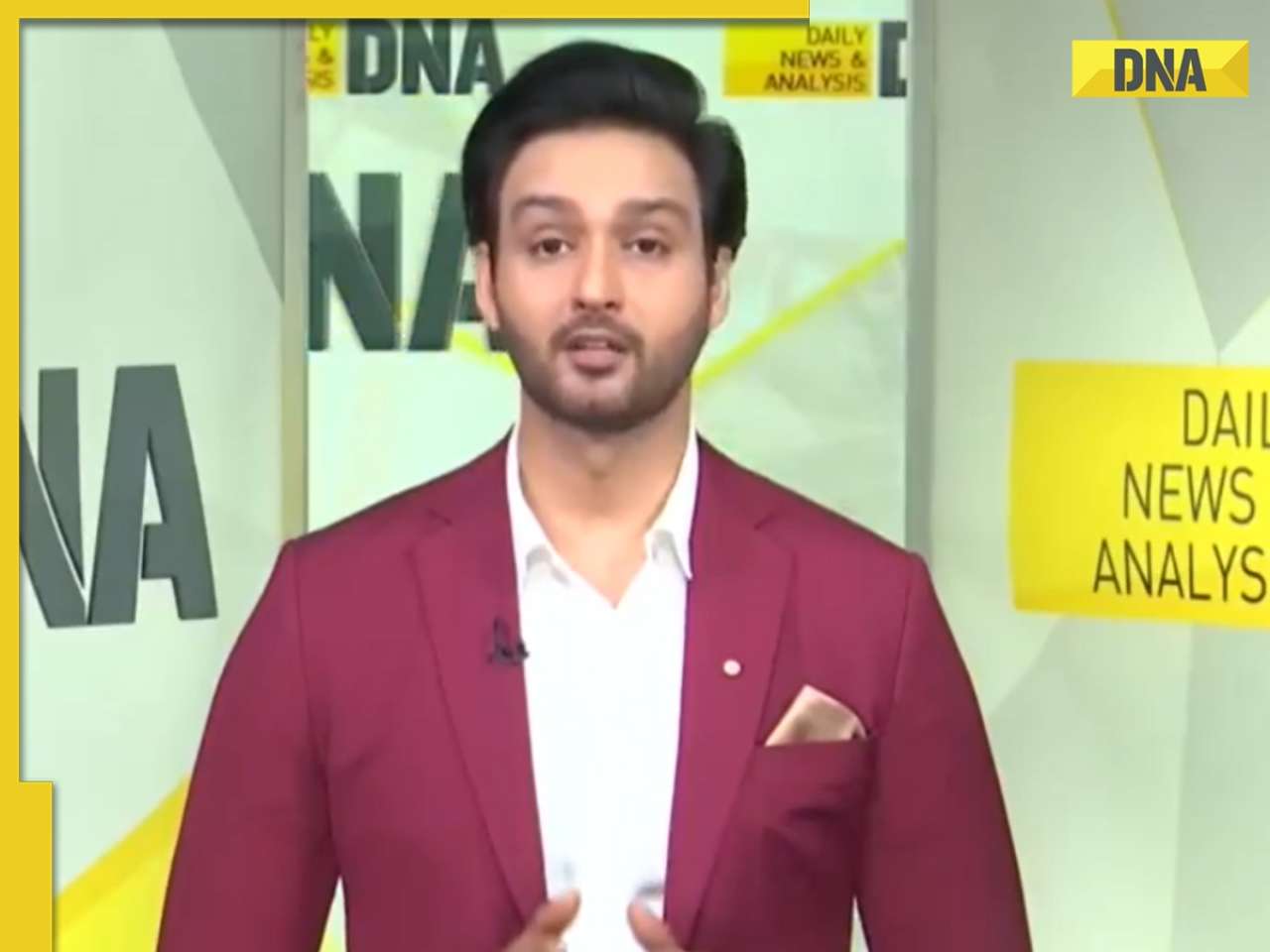
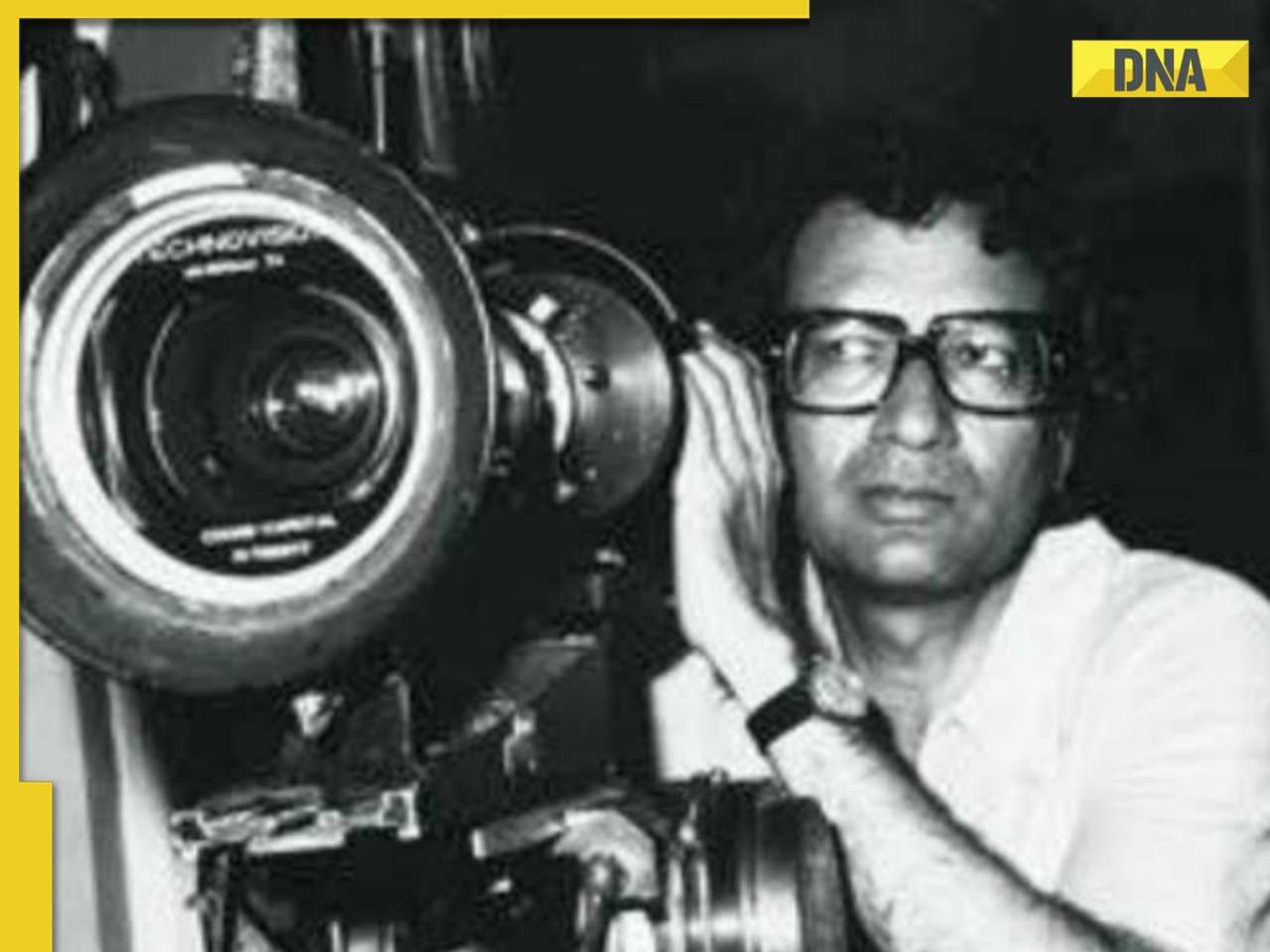
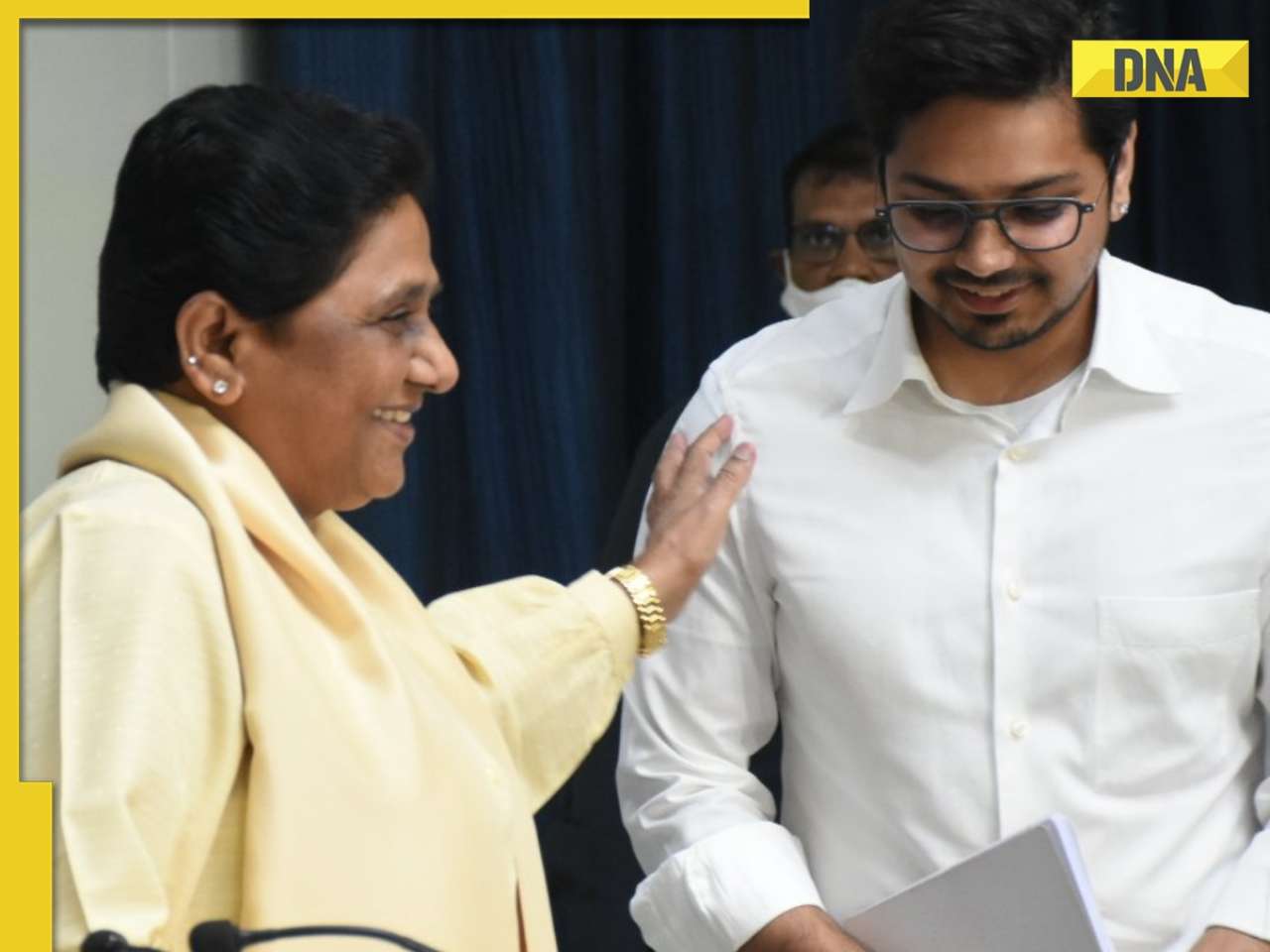
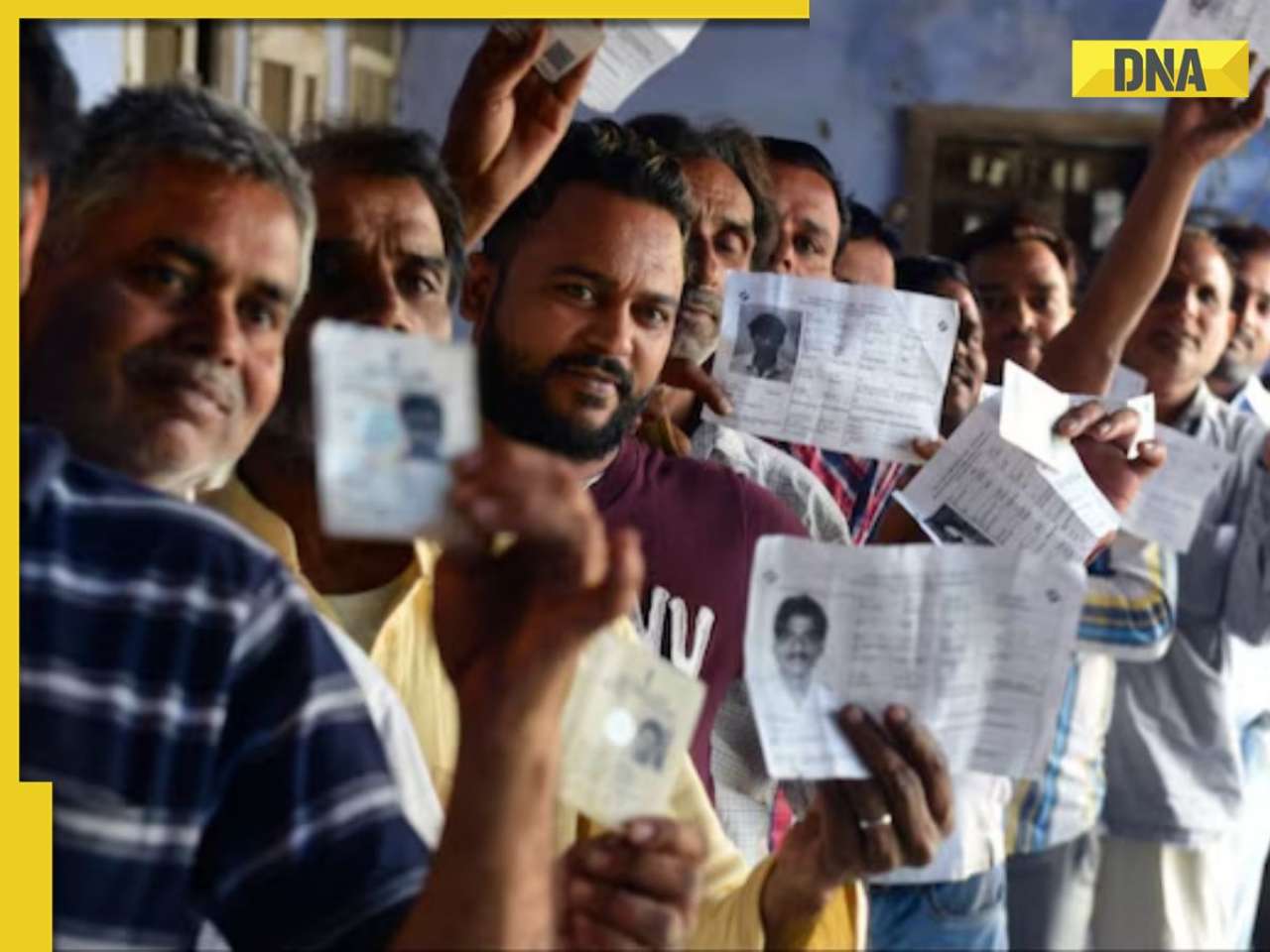




)
)
)
)
)
)